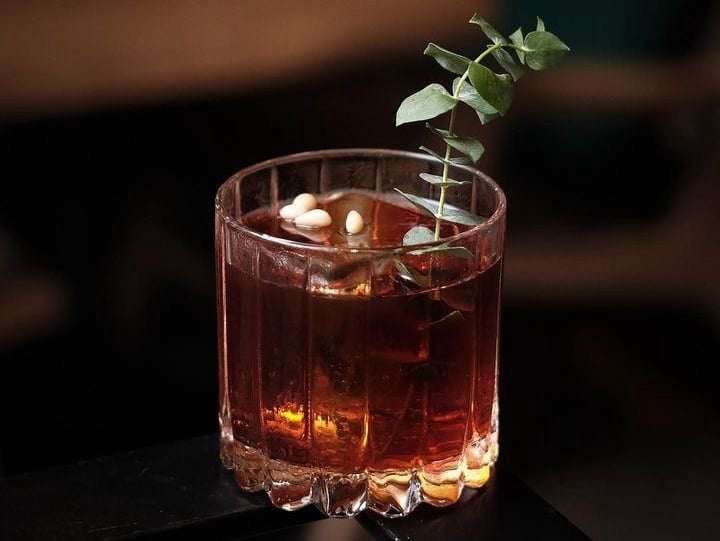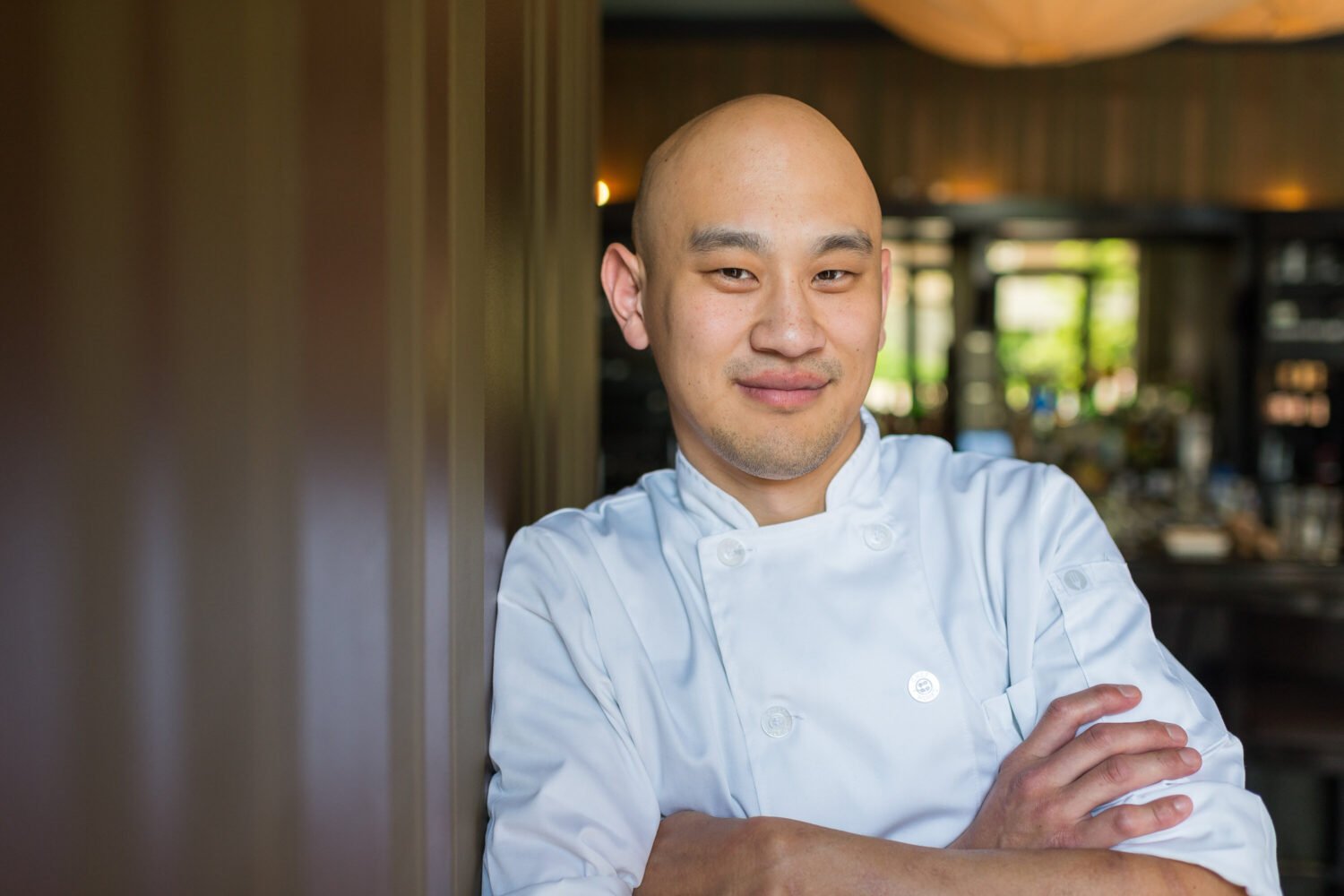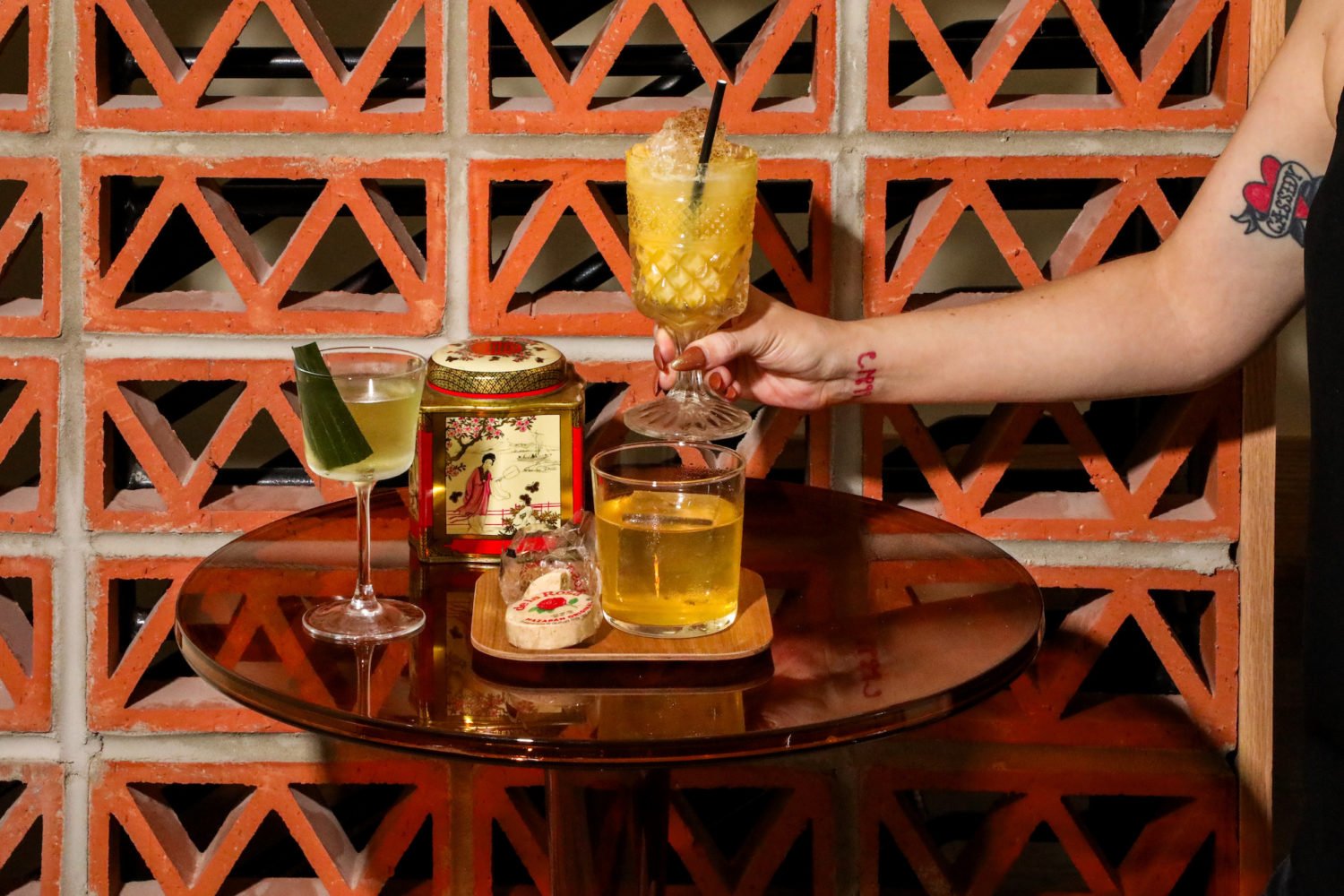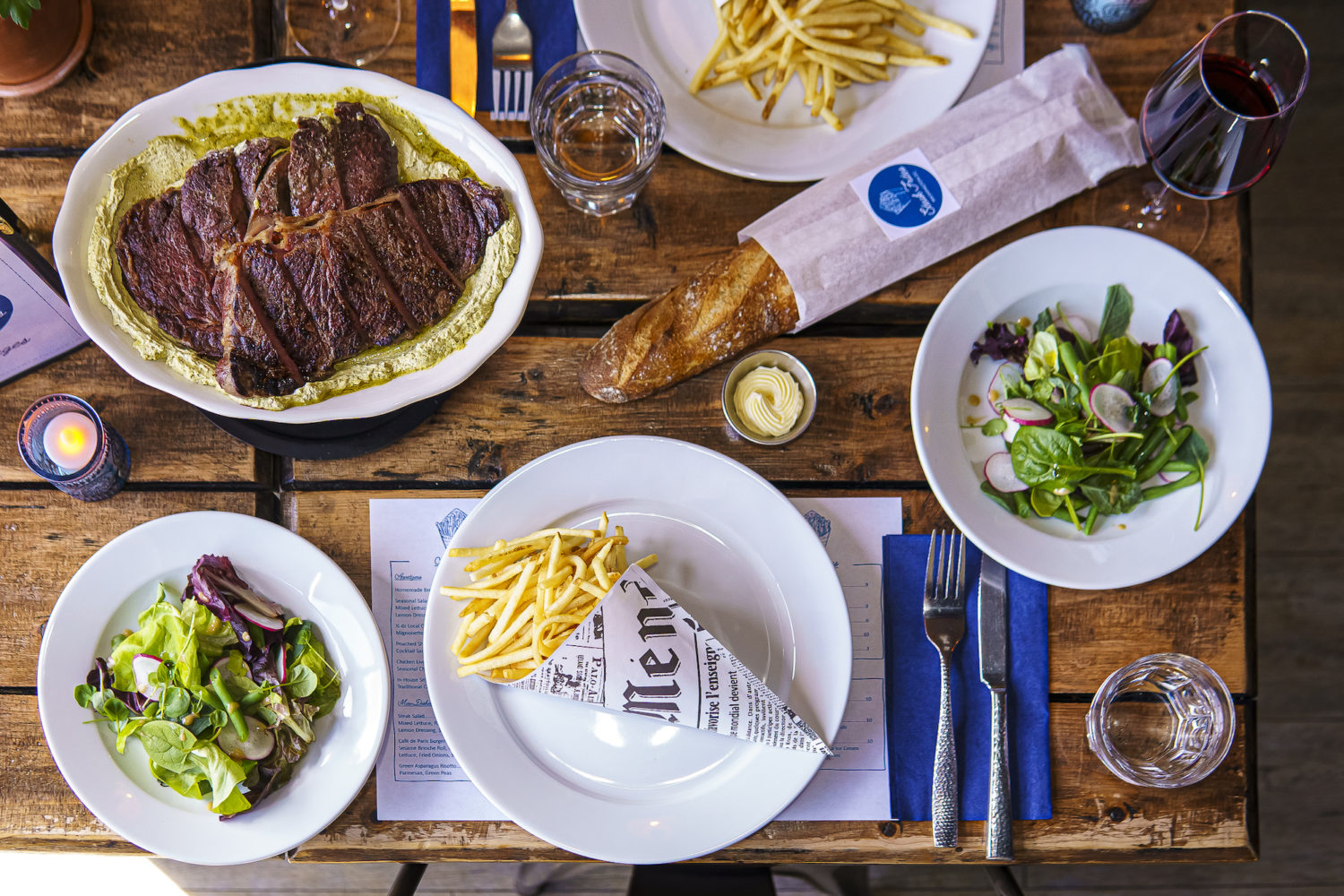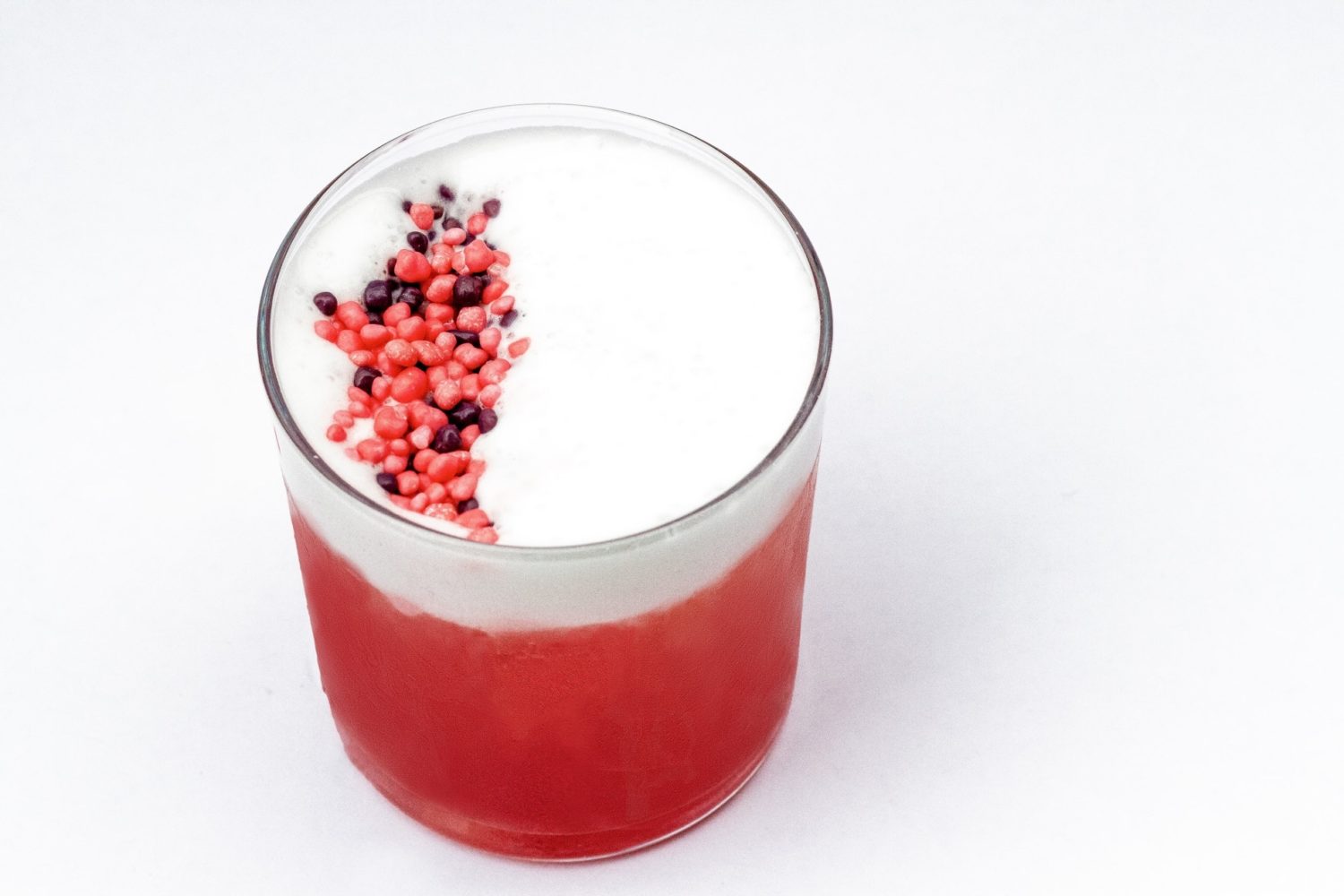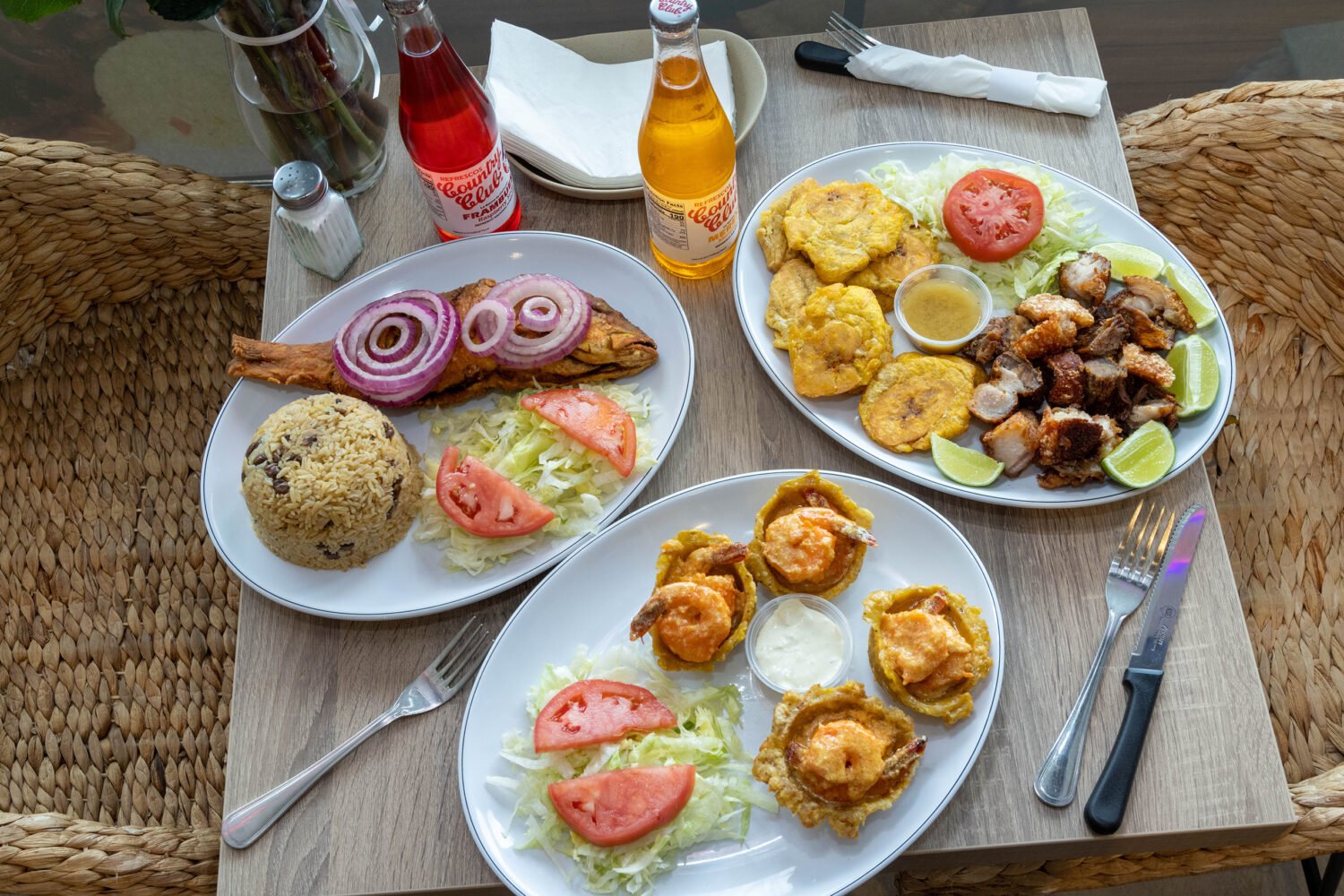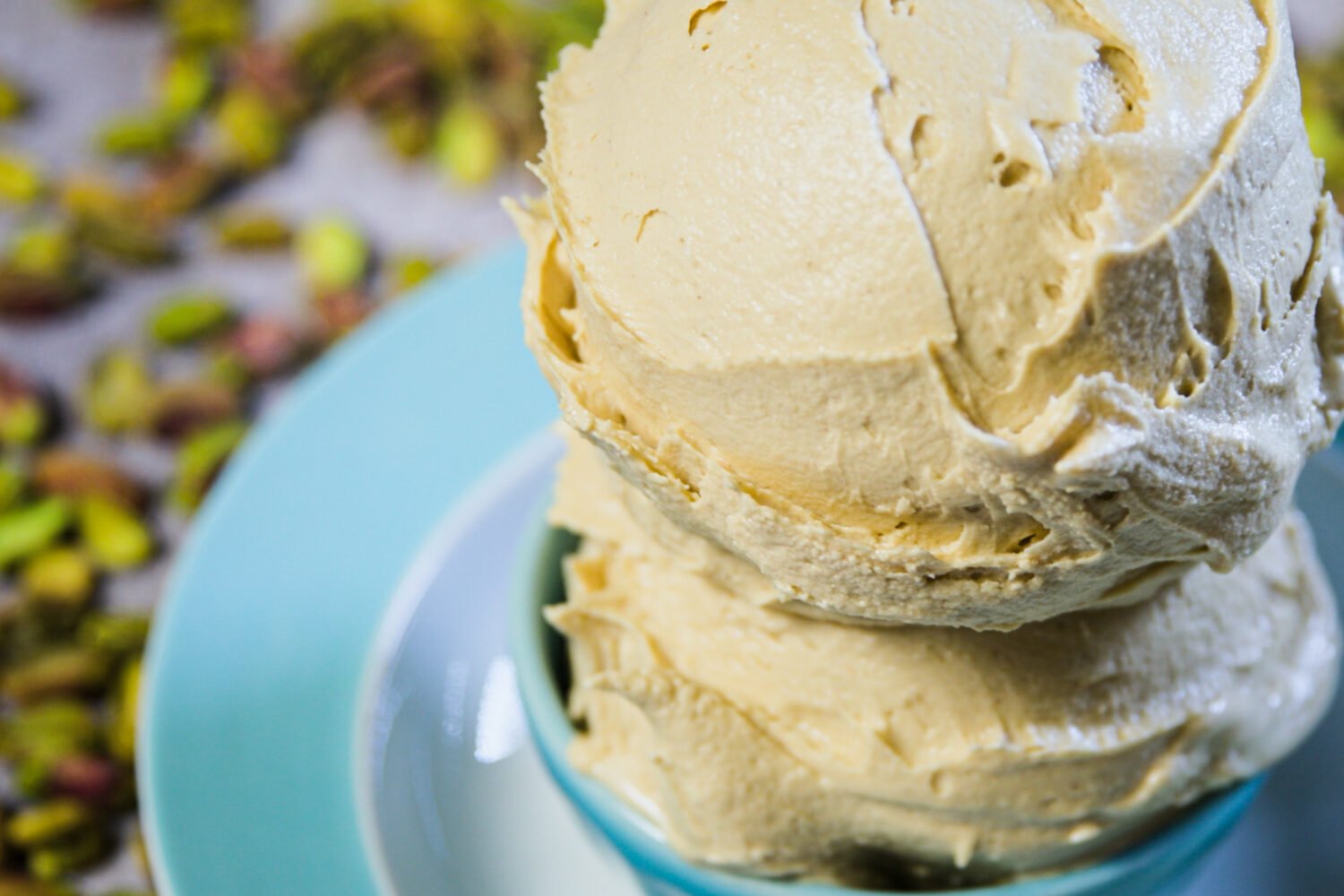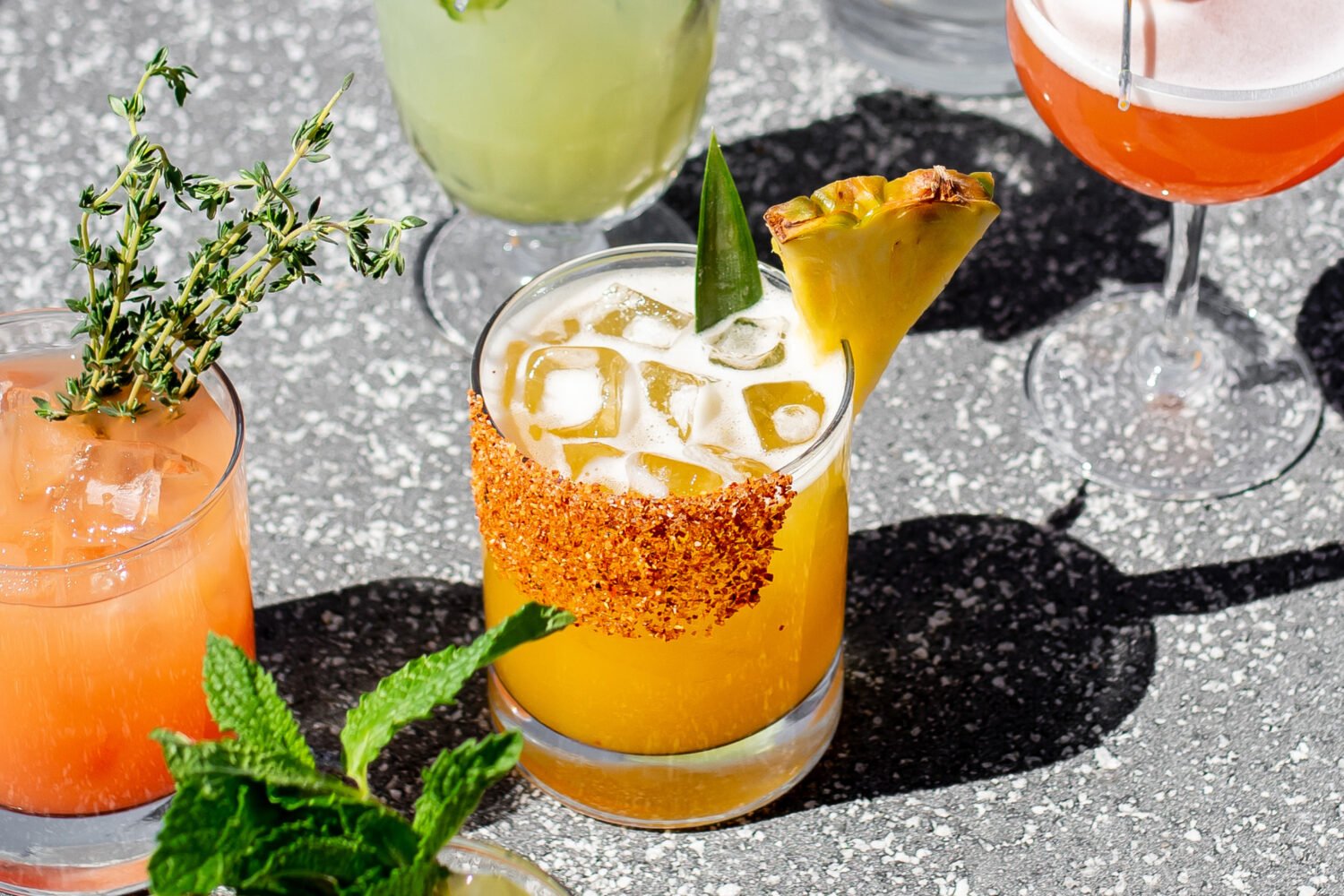Career changes in—and out of—the culinary industry are nothing new. But Jocelyn Law-Yone is a different story. Thirty years ago, she was a stay-at-home mom who threw parties for her daughters around kiddie pools filled with rose petals. She then went on to a 15-year career as an art-history and English teacher at Duke Ellington School of the Arts in Georgetown. A couple of years ago, she and daughter Simone Jacobson opened Toli Moli, a tiny Union Market shop devoted to falooda, the cool, layered Burmese dessert. But the punishing dance of professional cooking? She waited until she reached her mid-sixties to do that.
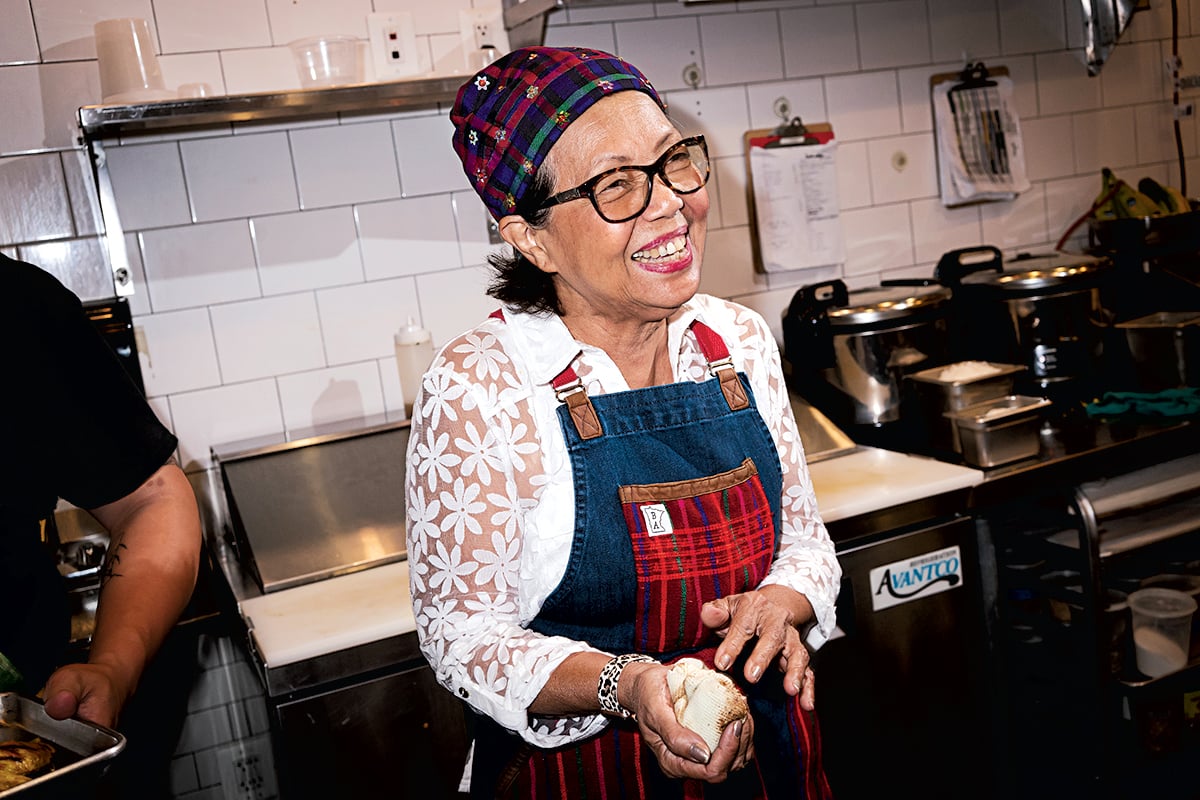
Few restaurants in this city feel as personal as Thamee, the white-tiled Burmese place she and Jacobson—along with business partner Eric Wang—have created in the subway-tiled H Street dining room that once housed the mod-American restaurant Sally’s Middle Name. It’s a celebration of Law-Yone’s past, her heritage—a mix of Burmese, Chinese, and Anglo—and her home country, which she left when she was 16 years old. A memoir by Law-Yone’s sister Wendy, displayed on the host stand, is the first thing you see when you walk in. You can honor her late father, a Burmese journalist, with a rye-and-caramel cocktail.
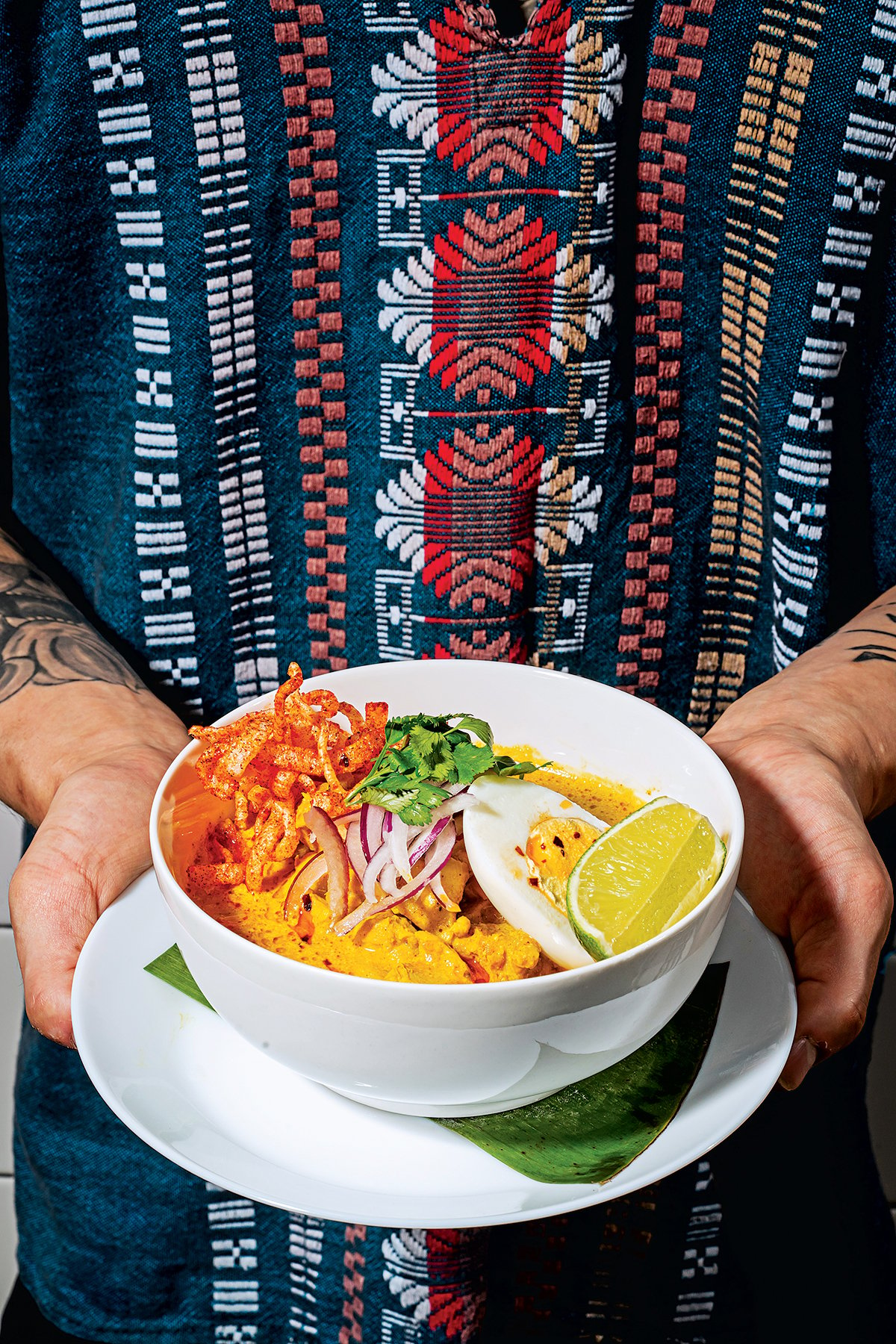
Both mother and daughter are robust presences. Law-Yone is always weaving in and out of the open kitchen to chat with diners. Jacobson—who also teaches yoga at the DC Jail and consults on art—provides the sunny welcome at the door and keeps the hip-hop turned up loud. What makes the pairing work is a church-and-state separation of duties. “Everyone wants this neat little packaged-in-a-bow narrative,” Jacobson says. “They’re imagining my mom and me just braiding each other’s hair and learning each other’s recipes in the kitchen, but it’s a lot more strategic and focused. I’m very focused on making sure our service is at the highest level possible, and she’s very focused on making sure the food is at the highest level possible.”
Law-Yone laments that some people commingle Burmese cuisine with other Southeast Asian countries in their minds. If you haven’t had it—there’s not a lot around here—know that it leans more sour than fiery, more pungent than sweet. At Thamee, the tight menu is composed of mellow curries that conjure India, citrus-heavy salads, and Chinese-inflected noodle dishes.
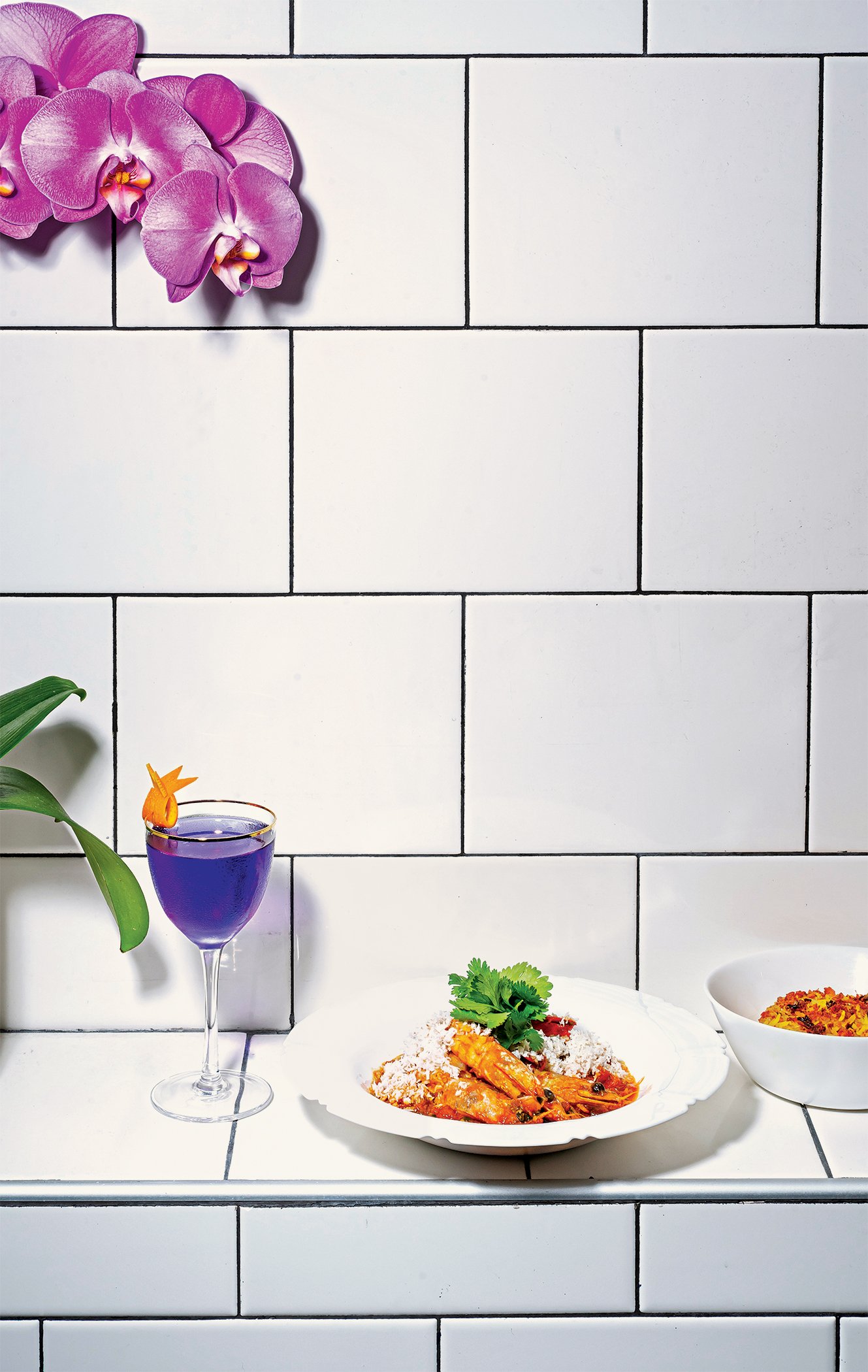
It’s a repertoire of dishes that Law-Yone—who loves to entertain—has been making for years. “It’s just that most didn’t have a name,” she says. What the chef’s friends once called “JoJo’s fish” is a slender branzino tinted with turmeric and overstuffed with spears of ginger. It looked transported from a magazine cover shoot. Even though it arrived a little undercooked, its flavors were so vivid that, to my mind, other versions of the popular fish were rendered in sepia.
It pays to scavenge for recommendations from servers. At brunch, that led to a pleasantly spiced bowl of sprouted peas, which was far more memorable than the clunky egg sandwich on stiff charcoal-black milk bread. At dinner, a bartender steered me toward a prawn curry whose rich tomatoey sauce and hidden cushion of coconut confit I’m probably daydreaming about as you read this. Ditto a tangy salad of udon noodles and black-bean-paste-braised pork.
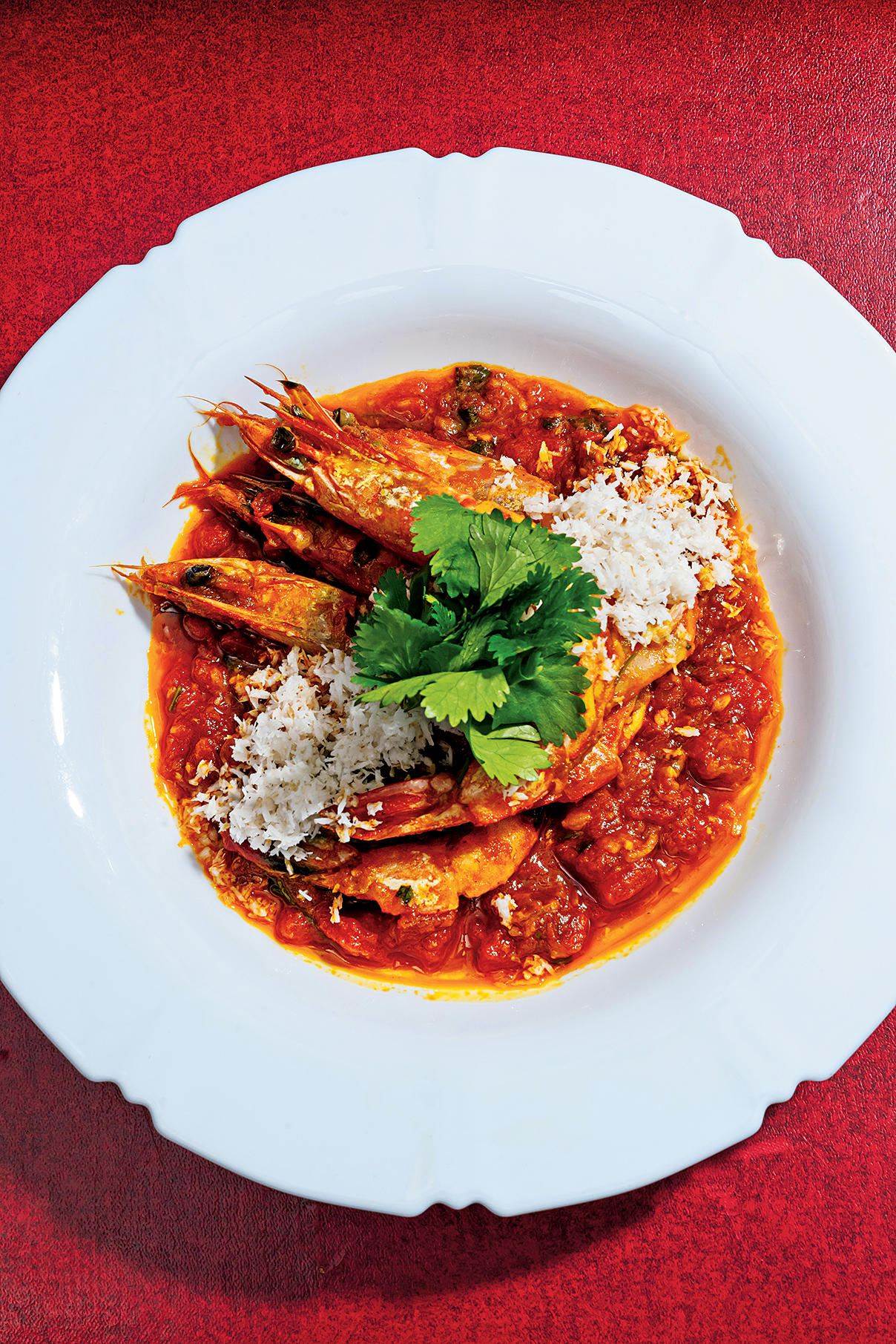
Perhaps the most famous Burmese dish, at least in the states, is tea-leaf salad. (Careful, it’s caffeinated!) Thamee’s version stands out both for its balance of assertive flavors—tons of lime, fistfuls of sesame seeds—and for the main ingredient, delicate leaves straight from Burma. It, along with giant Indian-inspired chicken wings sided with pandan-spiked yogurt, is my favorite way to start a meal here. Throw in an order of lacy fritters studded with shrimp and buthee, a long gourd.
By contrast, a ginger salad came off as oddly boring, despite hunks of the biting root. And the yellow-curried catfish known as mohinga was too shy on flavor to pay much attention to.
There’s much to like on Law-Yone’s menu, but her early masterpiece is a tomato-based pork-belly stew that pings with mango three ways—cooked, raw, and marinated in oil and spices. Get a bowl of the turmeric-and-shallot-laden golden rice to go alongside it.
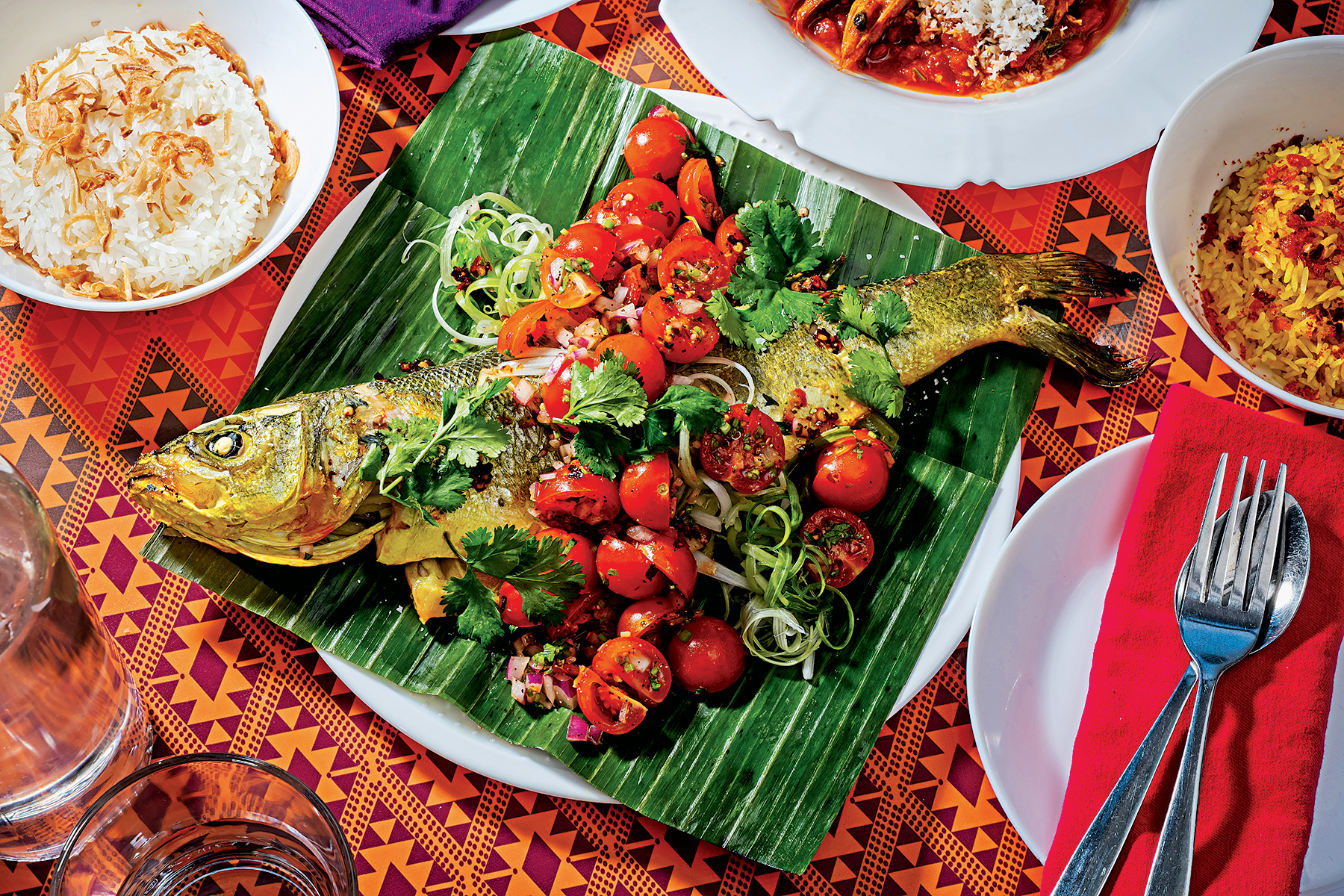
My favorite place to sit is at the bar, where you can watch the action in the open kitchen. Unexpectedly, it seems more cheerful than intense. (Seriously, when was the last time you saw a cook on the line smile?) That’s because Jacobson and Law-Yone have a mission that’s bigger than just serving food. They’ve committed themselves to creating a nurturing kitchen that feels about as far from the French brigade system as you can get. “If you’re yelling, you’re on fire,” Law-Yone says. There’s a plan to offer a wellness surcharge for the staff, who include Afghan refugees, graduates of DC Central Kitchen, teenagers, and some dude Jacobson met in a wine shop.
“When you lead by example—when you’re willing to clean the floors and take the trash out—there’s a camaraderie” Law-Yone says. “It’s been humbling.”
Thamee
1320 H St., NE; 202-750-6529
Open Monday and Wednesday through Friday for dinner, Saturday and Sunday for brunch and dinner.
Neighborhood: H Street.
Dress: Very casual, but the place draws a cool-kid crowd.
Noise level: Between the tiled walls and the Jay-Z, it’s very loud.
Accessibility: The restaurant has a ramp that can be deployed without advance notice. The dining room is snug but wheelchair-accessible.
Best dishes: Shrimp-and-buthee fritters; biryani wings; tea-leaf salad; udon-and-braised-pork salad; prawn curry; pork and pickled mango; sprouted peas; whole branzino; golden rice.
Price range: Snacks and salads $6 to $12, noodle dishes and entrées $14 to $20.
This article appears in the September 2019 issue of Washingtonian.



